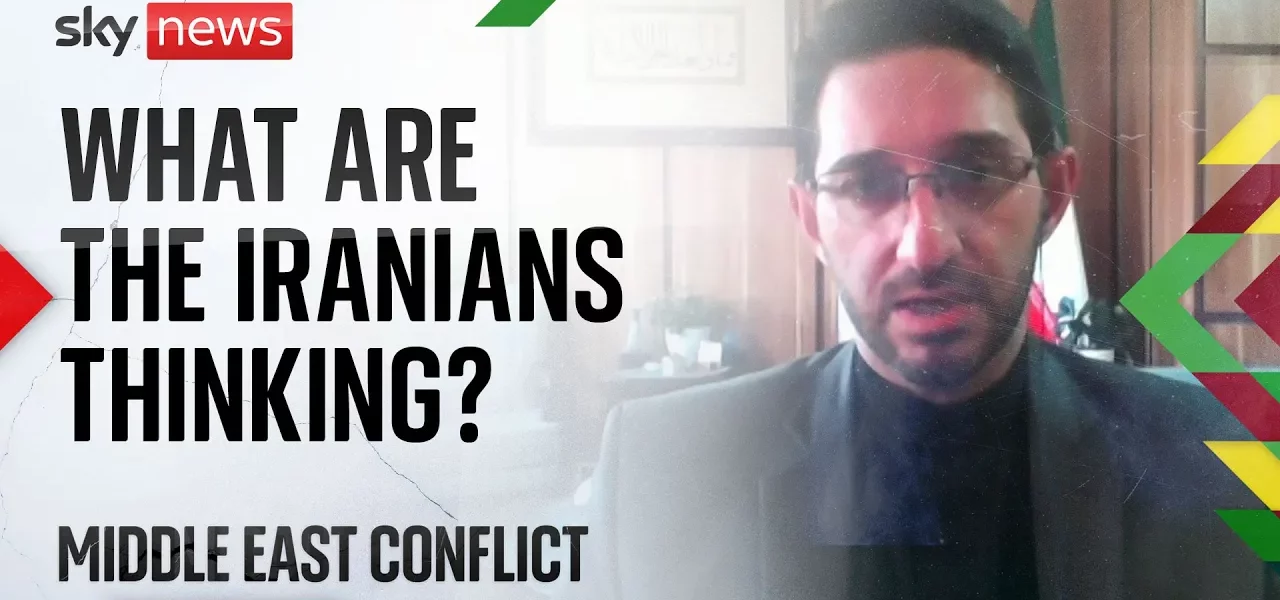Missile Attack on Israel from Iran: Implications for Regional Stability

The recent missile strikes from Iran into Israel have heightened tensions in the Middle East, raising fears of a potential regional war. In this article, we delve into the responses within Iran, the implications for Israeli security, and the broader geopolitical impacts.
Introduction
The missile attack on Israel launched from Iranian territory has sparked significant reactions both domestically within Iran and internationally. Following a period of tension marked by the assassination of prominent figures, this military action represents a pivotal moment in Middle Eastern politics. The Iranian public’s response, the symbolic nature of the attack, and the anticipated retaliatory measures from Israel are crucial elements that require thorough exploration.
Public Response in Iran
The emotional landscape in Iran following the missile strikes was one of jubilation for many citizens. Large crowds took to the streets in cities such as Tehran, expressing their approval of the government’s military actions after a prolonged sense of frustration regarding prior inaction.
Factors Influencing Public Sentiment
- The assassination of key figures, which fueled public demand for retaliation.
- The historical context of conflict between Iran and Israel, shaping national pride and military responses.
- The perceived need for the Iranian government to demonstrate strength against external threats.
This public celebration is indicative of a broader desire for assertive action after a period of perceived governmental passivity.
The Nature of the Missile Attack
Reports indicate that approximately 180 missiles were launched towards Israel, although the effectiveness of the strikes varied. While no significant casualties occurred, the symbolism of the attack cannot be understated.
Strategic Objectives
- To send a clear message to both the Israeli government and the Iranian populace.
- To penetrate Israel’s advanced defense systems, showcasing Iran’s military capabilities.
- To assert Iran’s position in the ongoing geopolitical tensions in the region.
Assessment of Damage and Casualties
According to various sources, the attack resulted in minimal damage, with the only reported casualty being a Palestinian individual in Jericho. This highlights Iran’s historical reluctance to inflict human casualties, as its military strategies often focus on preserving lives while delivering political messages.
Potential Escalation and Responses
Following the missile strikes, many analysts speculate on the possible Israeli responses. The anticipated actions from Israel may range from targeted sabotage to limited military operations.
Expected Israeli Reactions
Analysts suggest that Israel might pursue several avenues for retaliation:
- Covert operations aimed at Iranian infrastructure or nuclear facilities.
- Increased air surveillance and reconnaissance missions over Iranian territory.
- Strategic strikes on perceived Iranian assets within the region.
Risk of Escalation
However, the potential for escalation remains a significant concern. Any aggressive military action from Israel could lead to a heightened response from Iran, further destabilizing an already volatile situation.
Geopolitical Implications
The broader geopolitical landscape is also affected by these developments. The involvement of Western powers, particularly the United States and European nations, plays a crucial role in mediating tensions.
The Role of Western Powers
It is anticipated that Western nations will advocate for de-escalation in response to the conflict, aiming to prevent a full-scale war that could threaten regional stability. Historical precedents suggest that prolonged conflict in the region often leads to international interventions.
Long-Term Outcomes
Should the conflict continue to escalate, it could lead to existential threats for Israel and provoke a unification of resistance forces across the region, complicating potential resolutions.
Conclusion
In summary, the recent missile attack on Israel from Iran has significant implications for regional stability and international relations. The Iranian public’s celebratory response reflects a deep-seated desire for retaliation against perceived aggression, while the military action itself serves several strategic purposes. As tensions continue to evolve, the potential for both Iranian and Israeli responses remains a critical area of concern. Moving forward, it is essential for diplomatic efforts to be prioritized to avoid further escalation and to achieve lasting peace in the region.
For further insights into Middle Eastern geopolitics, consider reading our articles on conflict resolution strategies and Iran-Israel relations.
“`




